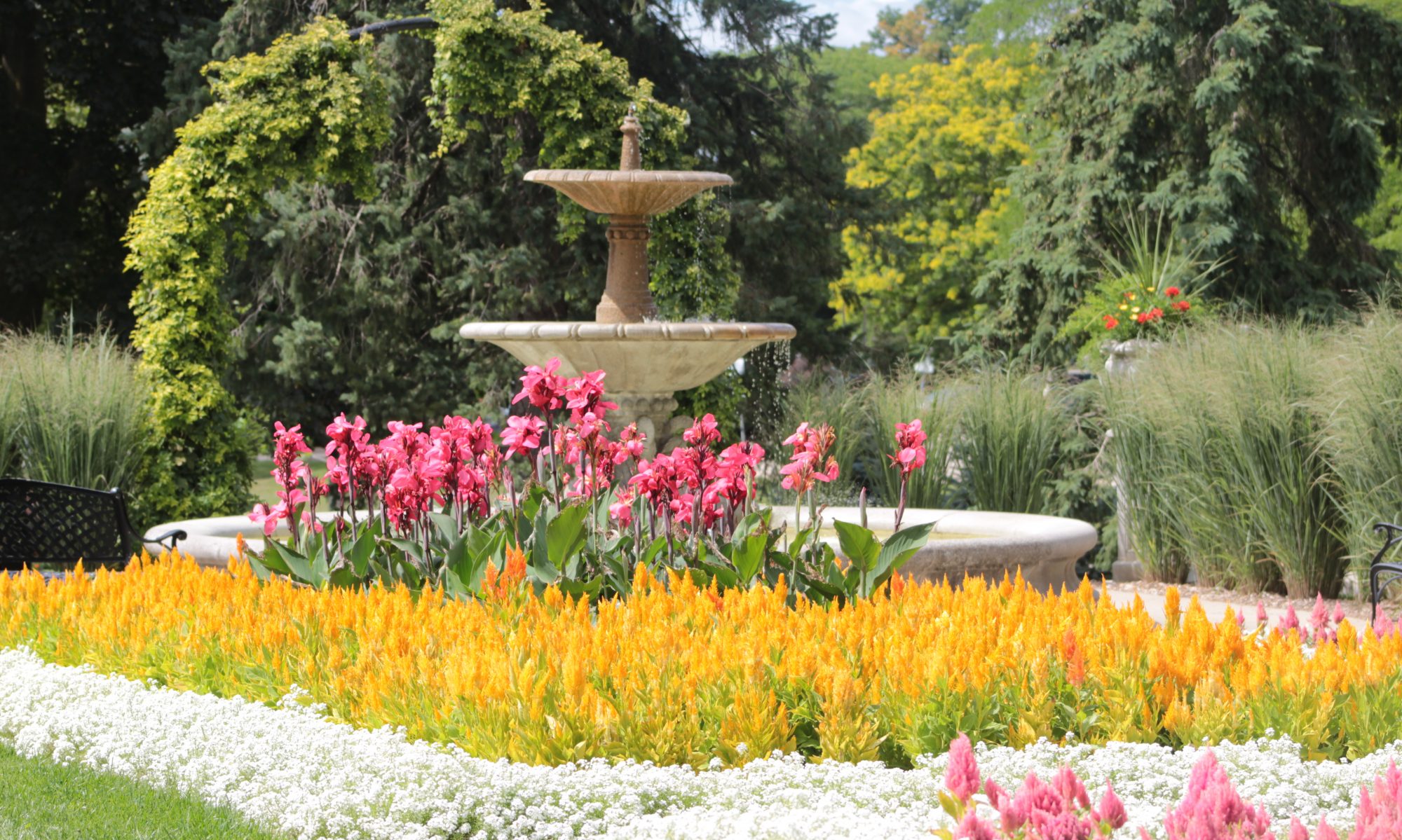Today’s challenge is to support fair trade wherever possible. Too often the big corporations that supply items for large retail chains care more about their profits than about the product or the people that produce that product. Fair trade seeks to rectify that by ensuring the producers are getting a fair price and that the production practices are sustainable.
There are many products that are fair trade, from coffee and cocoa to clothing and accessories. Organizations like Ten Thousand Villages base their operations on fair trade.
I used to buy fair trade coffee from Baden Coffee Company, but then found out that my own brother buys green coffee beans and roasts them himself. Now I buy half a pound, ensuring freshness, at a time from Don. This is what he had to say about the beans:

“The coffee beans I buy are fair trade organic certified. FTO as it is known is better than not although it is not perfect. Fair Trade means farmers are guaranteed a certain price ahead of time for their beans so they have some basis for deciding and planning. If the price of coffee is lower than their guaranteed price they are paid on the contracted price. Two things are not so good, one is that if the price increases by the time the crop comes off they do not benefit from this increase in value and the other fact is they are still paying quite a few “middle men” in the process.
A better way yet to buy beans is “Direct Trade” as it’s often called which is generally some kind of cooperative of farmers selling directly to importers who then roast the beans or maybe sell to other roasters. The cooperative shares the risk with everyone but also the benefits if markets go up.
Non Fair Trade likely means the buyer has simply offered the lowest price he can for various reasons and then marks it up as high as he can.
That’s a condensed version of the ways to get coffee.
The decaf coffee I roast for you is almost always Nicaraguan and the regular coffee is Ethiopian or Kenyan most of the time.”
